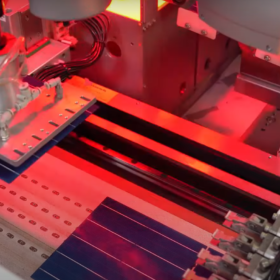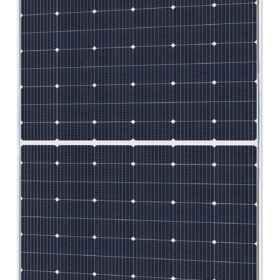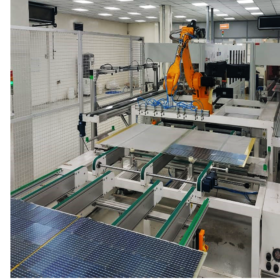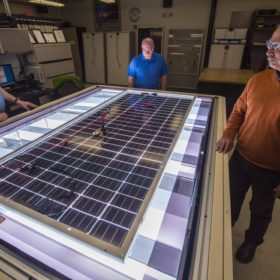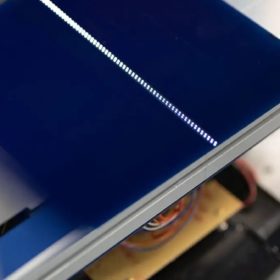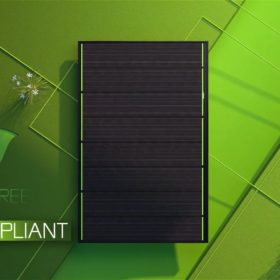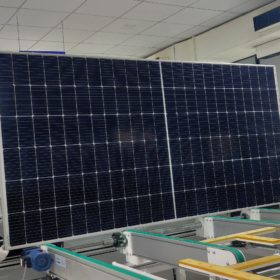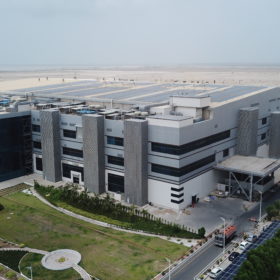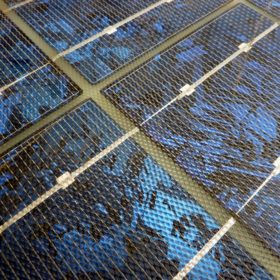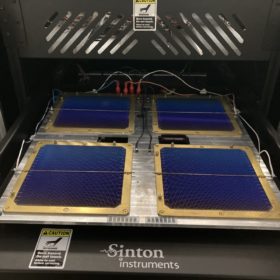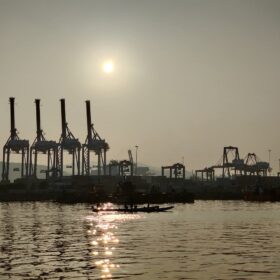Waaree obtains ALMM approval for 4.75 GW of solar module capacity
Waaree, a Mumbai-headquartered solar manufacturer, has obtained government approval for 4.75 GW of annual PV module capacity. It is also the only manufacturer to secure approval for 650 Wp modules in government-backed projects.
Jakson obtains ALMM approval for 600 Wp solar modules
Jakson’s Helia series of 600 Wp mono PERC solar modules are now eligible for use in government installations and projects set up under government schemes and programs.
Saatvik selects retail distributor for solar panels
Haryana-headquartered Saatvik Solar has appointed Photovoltaic Solar to handle retail distribution of its PV panels in the Indian market.
Monitoring degradation for 13 module types
In a study that began in 2016, US scientists purchased 834 PV modules, representing seven manufacturers and 13 module types, and installed them in various climate conditions to observe their performance over time. The results show that, while plenty of opportunities still exist to extend module lifetimes and reduce performance loss in the field, reductions in the manufacturing cost of PV have not come with an increase in their degradation rate.
The long read: Open opportunity for PERC solar cell laser processing
Laser contact opening (LCO), a standard process in PERC cell production, has seen little market development in the past few years. Stiff competition from equipment suppliers in Asia, combined with the fact that most new n-type manufacturing doesn’t make use of LCO, has kept the level of interest here quite low. However, as the PV research community increases its focus on reducing silver consumption, new approaches to cell contacting and metallization provide impetus for a second look at laser processing.
REC to showcase new Alpha Pure-R solar panels at REI
REC, a Norwegian solar panel specialist, will exhibit the latest module in its award-winning REC Alpha line at the Renewable Energy India (REI) exhibition in September. It will also join forces with its new owner, Reliance Industries Ltd., to recruit new talent for a planned solar gigafactory in India.
Sunora Solar unveils mono PERC module with 21.03% efficiency
Sunora Solar’s new 144-cell solar module is available with power outputs ranging from 520 W to 550 W and a power conversion efficiency of 20.18% to 21.03%.
Adani Solar, Roofsol partner on retail distribution in Maharashtra
Adani Solar, which has 3.5 GW of PV cell and module production capacity, has selected Roofsol Energy as a partner for the retail distribution of its solar panels in Maharashtra.
Central Electronics Ltd seeks 3 million multi-crystalline solar cells
Manufacturers have until August 16 to submit bids for the supply of 3 million multi-crystalline silicon solar cells featuring five bus bars. The cells are required in the peak power rating of 4.68 W and 4.63 W.
Using p-type wafers in heterojunction solar cells, not a lost battle
An international research group has reconstructed the trajectory of p-type wafers in the heterojunction solar cell segment and has identified the lack of knowledge about boron-oxygen related light-induced degradation (BO-LID) as the main cause for the limited adoption of these wafers and the success of their n-type counterparts. According to the scientists, however, there is still big room for improvement for p-type technologies in heterojunction cells.
